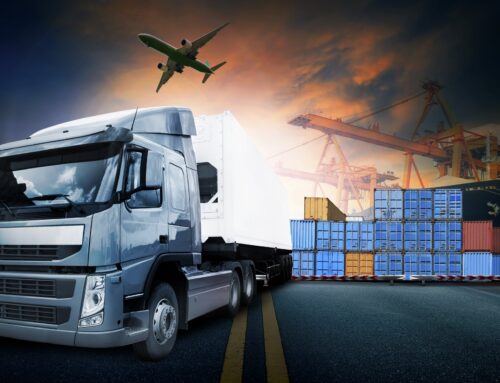International diplomacy, conflict resolution, helping foster environmentally sustainable socioeconomic development, trade and commerce, Gilles Hervio, EU Ambassador to Zambia and to COMESA (Common Market for Eastern and Southern Africa) has a lot on his mind, and on his agenda, as he explains in this interview.
European Times: Yours is a dual role for the EU in Zambia. Can you give us an idea of your responsibilities and activities?

Gilles Hervio: I’ve got various day-to-day activities. I support the implementation of the Cotonou agreement and the EU foreign policy here in Zambia, which involves regional and international cooperation regarding trade and commerce, as well as having a political dimension.
Regarding this political dimension, we provide support to the government which encompasses financial, economic, and social aspects of development. This includes not only maintaining ongoing dialogues with the governments in the area and projects where our assistance is seen as useful, but also maintaining control of how our support is implemented.
The other part of my job involves political actions. Since the Lisbon Treaty, when we have a position to share, the EU delegation is the voice of the EU as a whole. This includes monitoring the overall situation, engaging in dialogues with various actors, and coordinating with the EU ambassadors and high commissioners in Zambia.
We are also looking at trade, which could improve the situation between Zambia and surrounding countries. Zambia’s primary export is copper, but it has the capacity to become an energy exporter and to export more in the way of agricultural products. Though we are not directly involved with private investment, we do give advice to businesses and investors.
European Times: How would you describe the socio-economic conditions in Zambia at present?
Gilles Hervio: Zambia is a very large country, and there is an abundance of natural resources, such as land, water, copper, etc. There is a high potential in the country when it comes to business opportunities that can attract investors from all over the world.
As you know, what is important for investors is security, and that is what the country has succeeded to provide without any doubt. As for the familial side, it is a very nice country to be in.
European Times: What is it that makes Zambia attractive to European companies?
Gilles Hervio: Any company looking for growth should really come and invest in Zambia. There are a lot of opportunities here. For instance, there is a lot of potential in agri-business, as well as the export of energy to neighbouring countries, two areas in which we will be heavily involved in the near future.
Of course, for someone who doesn’t know Zambia, they should come and meet the business community on the ground. And for foreign companies, it’s always good to have technical aid from other companies that have already established themselves here.




